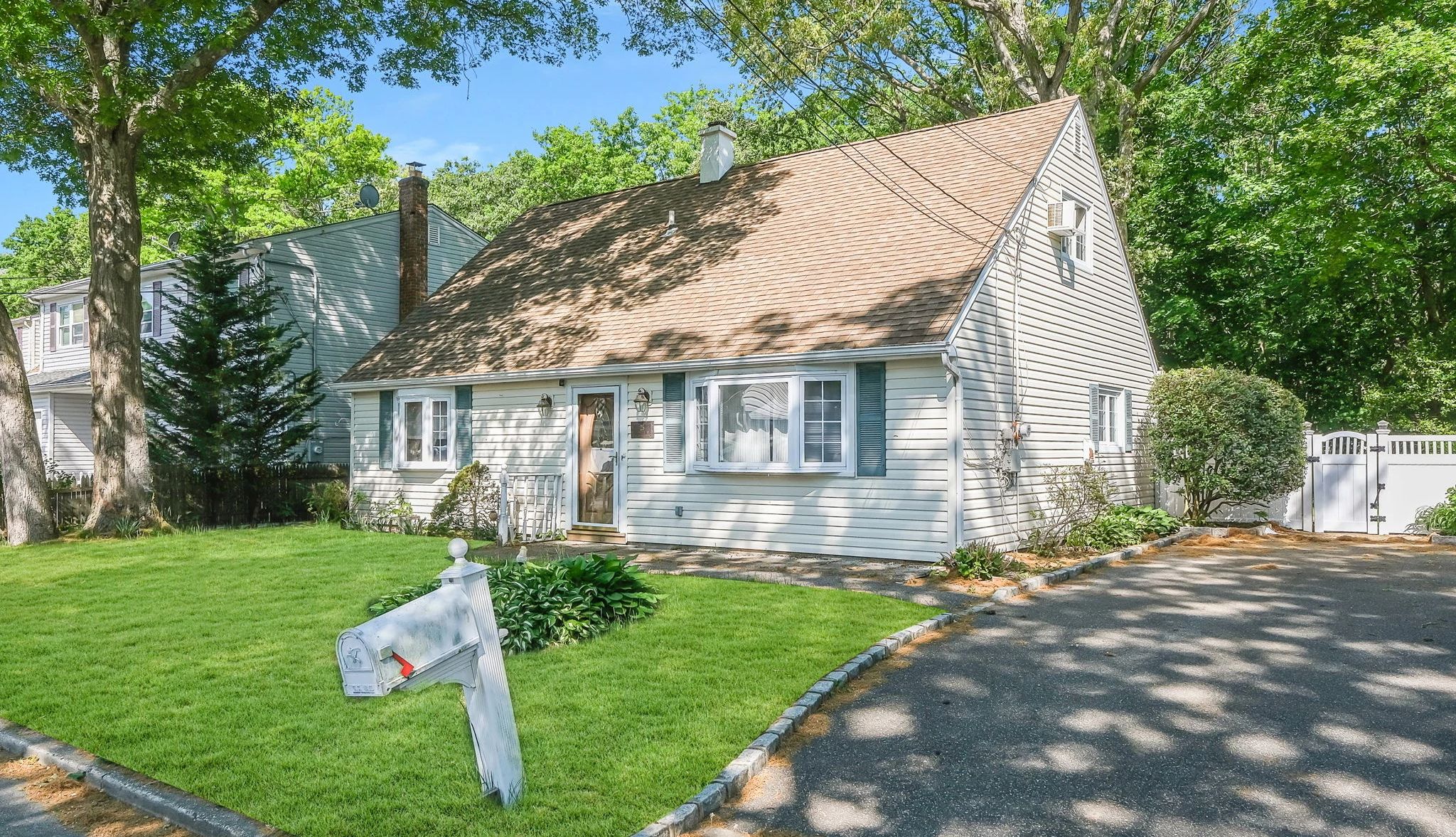Play all audios:
Even in the best of circumstances, selling a home is typically several months of prolonged stress. But selling a late parent’s home — a transaction potentially fraught with grief,
financial urgency and family drama? That takes the difficulties to a whole other level. “It just makes your head spin,” says Jacyln Tannazzo of Commack, New York, who in July 2023, as the
executor for her late parents, sold the house they had lived in for 50 years. “You know it’s going to be a lot to handle, but you don’t realize how much it’s really going to be. You’re
taking care of your own home, and then you’re being asked to know when did my parents get an oil burner? How old is the roof?” Be aware that the emotional pain of clearing your parents’
possessions may be an obstacle to preparing the home for sale. Here, Jaclyn Tannazzo and her sister are in the middle of organizing the possessions. Courtesy Jaclyn Tannazzo Tannazzo’s task
was one that a growing number of families face. Older Americans hold more than $23 trillion of their wealth in real estate, according to the Federal Reserve; for homeowners, those homes are
usually one of their largest financial assets. Ideally, parents share their wishes and plans with their family about what to do with their home, or second home, after they’re gone. And
ideally, they have a will indicating who should inherit their property. But often they don’t; a recent study by LawDepot found that less than 30 percent of respondents 55 and older had a
will. If you — and other heirs, if that’s applicable — don’t already have a plan in place, here’s one to follow. CLARIFY ROLES Unless there’s a will or trust specifying the next steps
— for example, “I bequeath my house at 125 West Ninth Street to my daughter Lisa Carol” — you’ll have to decide the fate of the house. If you’re the sole heir, you have the right to do
whatever you see fit, whether that’s selling it, keeping it, living there or renting it out. When no specific instructions are given and other heirs are involved, things can get more
complicated. The estate’s executor — the person formally assigned to administer the dead person’s property and distribute assets in the legal process known as probate — ultimately has sole
authority to determine the home’s disposition, says Crystal West Edwards, an elder law attorney in Morristown, New Jersey, and principal at Porzio, Bromberg & Newman. Even if you were
named the executor, you’re also a family member, and your siblings may have their opinions. Some may want to hold on to the property as an investment, while others’ financial circumstances
might benefit from the proceeds of a fast sale. Making these decisions and coming to an agreement are tough to do while you’re in mourning, says Michael Gifford, CEO and cofounder of
Splitero, a financial technology company in San Diego. As soon as it’s reasonable, after people have had time to grieve, you may want to call a family meeting, making sure that any
out-of-town siblings are part of the decision-making process. “Be gentle with each other,” says Maureen McDermut, a senior global real estate adviser for Sotheby’s International Realty in
Santa Barbara, California. “Every sibling is going to have a different emotional reaction to their parents’ house that they’re selling.” Whatever your decision, keep in mind that as an
executor, you have a responsibility to your fellow heirs. “For this reason, it is always good practice to maintain an open dialogue between the representative and the beneficiaries to
minimize the likelihood of a challenge at the conclusion of the estate administration,” Edwards says.

